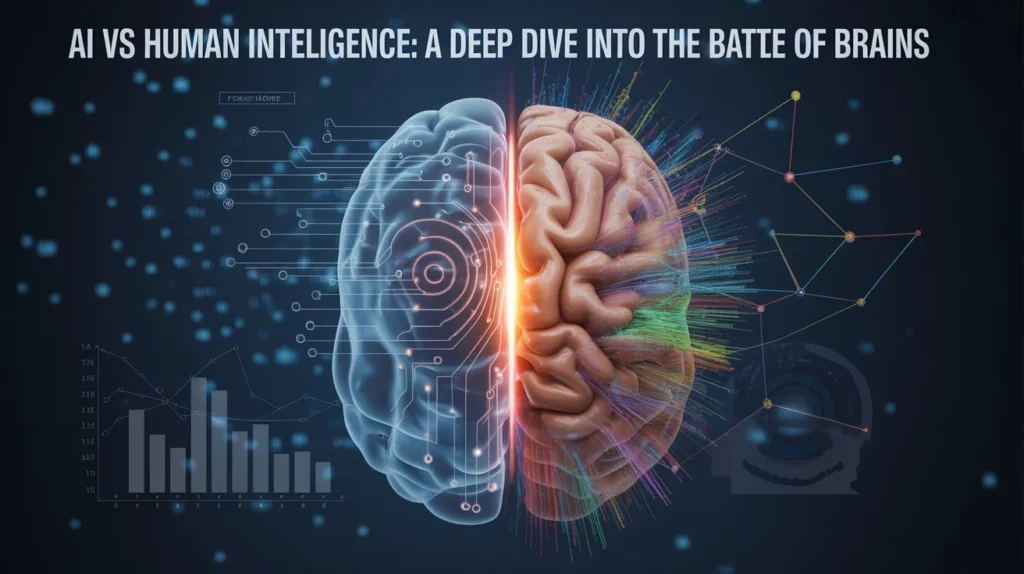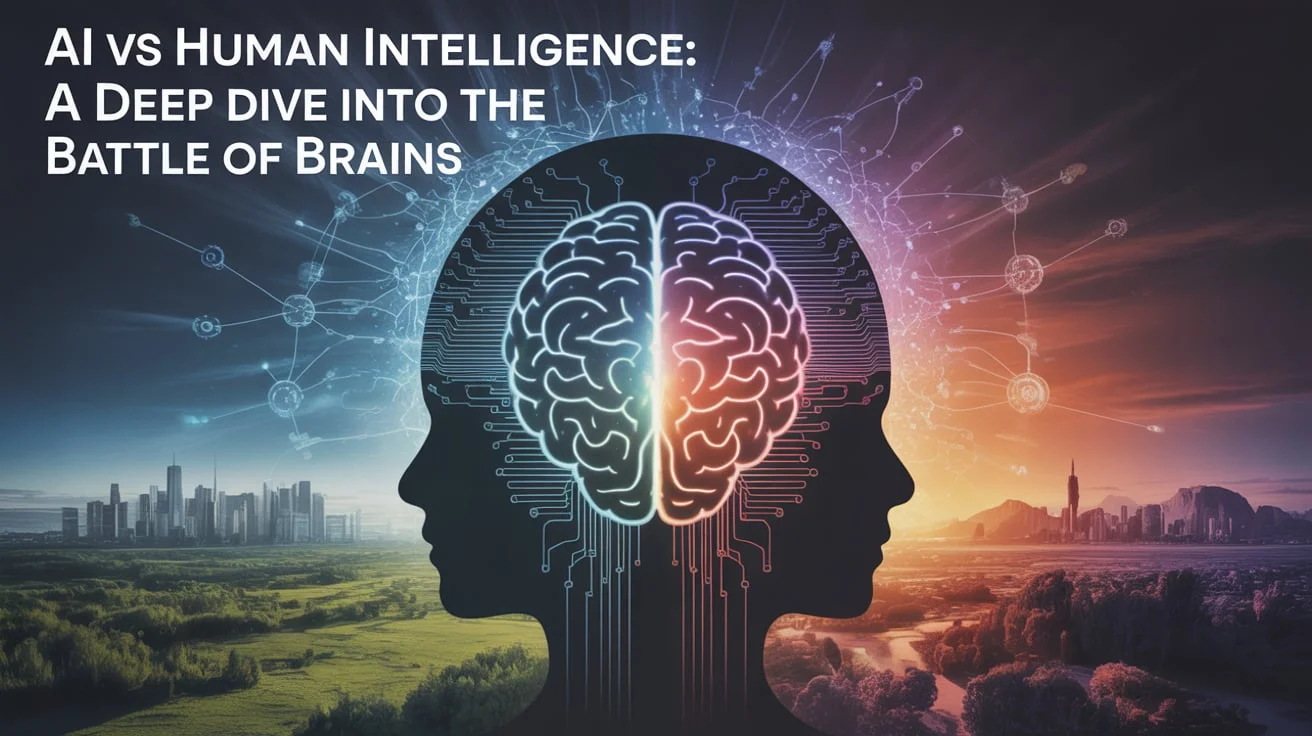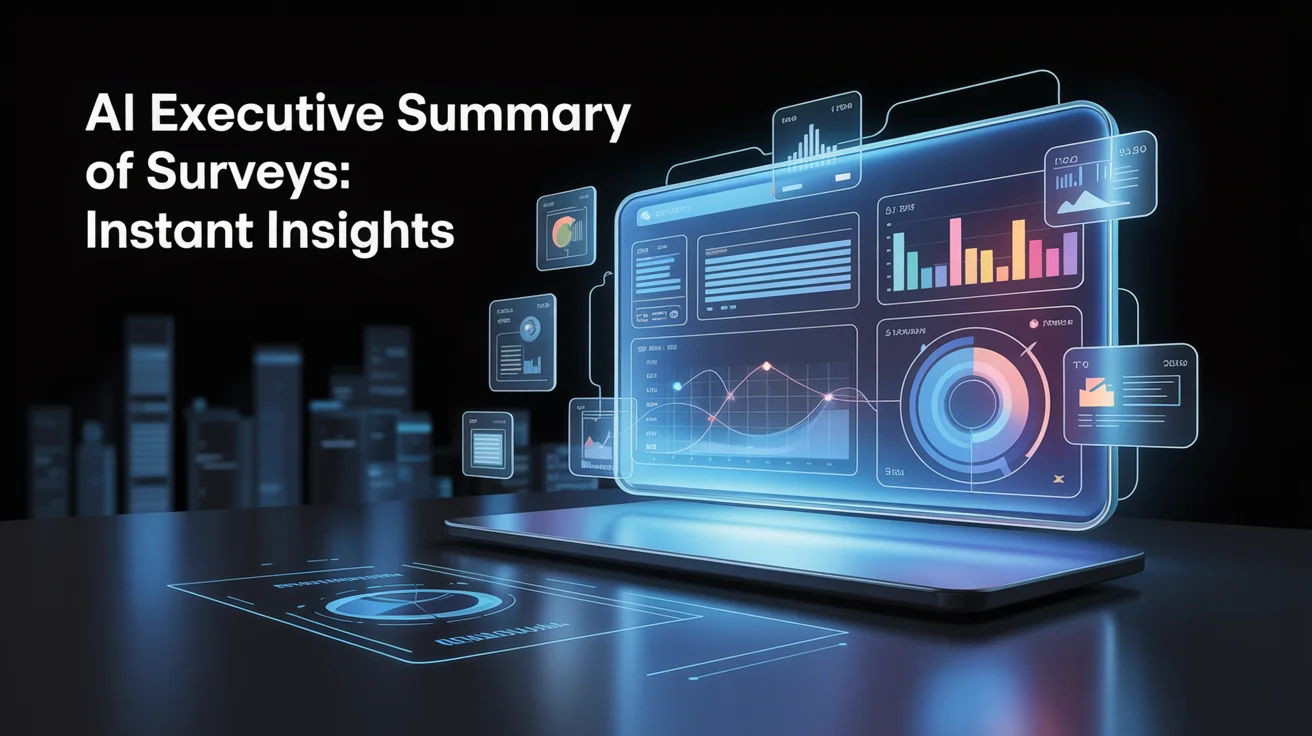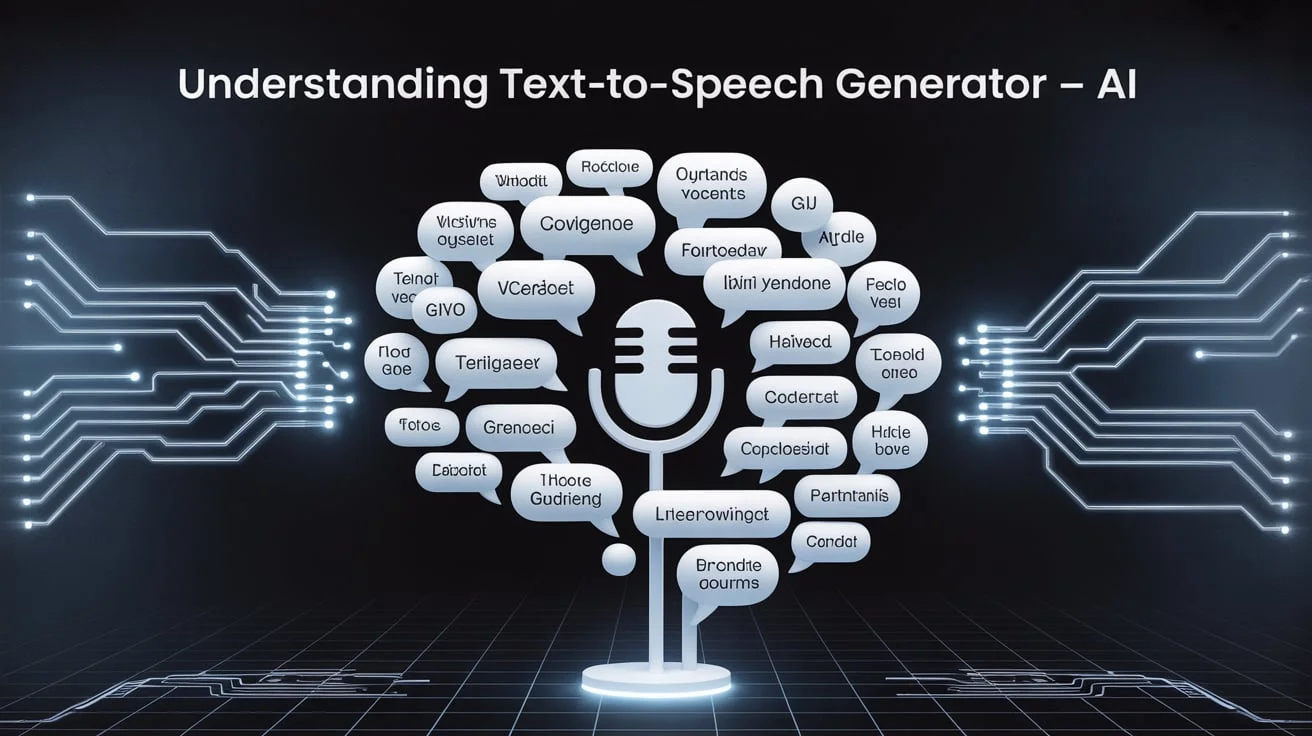The rise of artificial intelligence has sparked countless debates. One hot topic is the AI vs human intelligence comparison. As technology advances, it’s essential to understand the unique strengths and weaknesses of both.
Humans and machines process information differently, leading to significant differences in reasoning, learning, emotions, and problem-solving.
In this article, we’ll explore this debate through real examples, use NLP-optimised language, and ensure it’s easy to understand. With short sentences and clear thoughts, this article is designed for readers of all levels.
What is Artificial Intelligence?
Artificial Intelligence (AI) refers to machines that mimic human thinking. AI can solve problems, recognize patterns, and even learn from data. It’s built to perform tasks usually requiring human intelligence.
Today, AI powers voice assistants, search engines, and recommendation systems. It’s based on algorithms, machine learning, and big data.
What is Human Intelligence?
Human intelligence is the natural ability to think, learn, understand, and apply logic and emotions. It evolves through experience, memory, and social interaction.
Unlike machines, humans make decisions using emotional intelligence, moral values, and intuition. These factors make human intelligence unique and deeply personal.
AI vs Human Intelligence – Core Differences
AI is excellent at performing specific tasks with speed and precision. It can analyze massive data in seconds. However, it lacks common sense and emotional depth. Humans, on the other hand, can reason abstractly, empathize, and think creatively.
Machines are faster but limited. Humans are slower but more adaptable.
- AI learns through data, while humans learn through experience.
- AI follows rules, but humans can think beyond logic.
- Humans have emotions, ethics, and values, which machines don’t.
Learning Capability: Machine Learning vs Human Learning

AI learns through patterns in large datasets. This process is called machine learning. It involves training models to make predictions or decisions.
Humans learn differently. We learn by observing, experiencing, and reflecting. Our brains can connect unrelated ideas and imagine things beyond facts.
- AI depends on data accuracy, while humans can learn even with limited information.
- Human brains can think creatively and outside the box.
- AI struggles with uncertainty; humans adapt and adjust easily.
Creativity and Innovation
Humans are naturally creative. We write books, compose music, and imagine the future. Creativity comes from emotions, inspiration, and curiosity.
AI can generate art or music using patterns, but lacks emotion and intent. Its creativity reflects the data it learns from, not original thought.
Emotional Intelligence and Empathy
AI cannot feel emotions. It can mimic empathy in customer service, but it doesn’t truly understand human feelings. Humans, however, are emotionally driven. We care, love, and respond to others’ feelings.
This emotional intelligence helps humans build strong relationships. It also helps in conflict resolution, leadership, and collaboration areas where AI fails.
Decision Making: Logic vs Intuition
AI makes decisions based on logic and data. Unless programmed, it does not consider ethics. This is useful in fields like data analysis or surgery, where precision is key.
Humans often make decisions with intuition and emotions. While sometimes flawed, this allows for flexible thinking. We consider context, relationships, and long-term effects.
- AI decisions are faster but rigid.
- Human decisions are slower but wiser.
- Humans can reflect on past mistakes, but AI can’t without reprogramming.
AI Limitations and Risks
Despite its power, AI has apparent limitations. It cannot fully understand context and is vulnerable to bias in training data. Also, overreliance on AI can lead to job loss, privacy risks, and ethical concerns.
Humans are not perfect either, but we can question decisions, think ethically, improve, and learn from failures.
Real-World Applications: When AI Wins
AI excels in areas requiring speed, accuracy, and repetition.Sure! Here’s a revised version of your sentence with improved flow and variety:
AI accelerates disease diagnosis in healthcare, uncovers fraud patterns in finance, and anticipates customer behavior in marketing.It saves time and improves efficiency. Yet, these tasks are still guided by human oversight.
Real-World Applications: When Humans Win
Humans are still essential in education, counselling, leadership, and innovation. These roles require empathy, understanding, and creativity, qualities that no machine can replicate.
- Teaching and mentoring rely on emotional connection.
- Leadership needs vision, ethics, and trust.
- Therapy and counselling need deep emotional presence.
Future of Intelligence: Coexistence or Competition?
The future isn’t about machines replacing humans. It’s about collaboration. AI can handle data, while humans provide emotion and ethics. Together, they can build more intelligent systems.
Imagine doctors supported by AI tools. Or teachers using AI to personalize learning. The blend of both forms of intelligence can create powerful results.
Conclusion:
Both sides have unique advantages in the ongoing AI vs human intelligence comparison. AI is smart, fast, and accurate, while humans are emotional, creative, and ethical. The goal isn’t to compete but to complement each other.
Understanding these differences helps us build a future where machine and human minds work together. Let’s use AI to enhance life, not replace it.
Frequently Asked Questions:
Q: Can AI ever fully replace human intelligence?
AI can assist humans, but cannot replicate emotional intelligence, creativity, or ethical thinking.
Q: What’s the biggest strength of human intelligence?
Adaptability, creativity, and emotional understanding.
Q: What makes AI powerful?
Speed, accuracy, and data-driven decision-making.
Q: Are AI decisions always better?
Not always. AI lacks context and emotional depth.
Q: What is the main difference between AI and human intelligence?
AI relies on data and algorithms to perform tasks, while human intelligence uses emotions, intuition, and consciousness to think and adapt.




